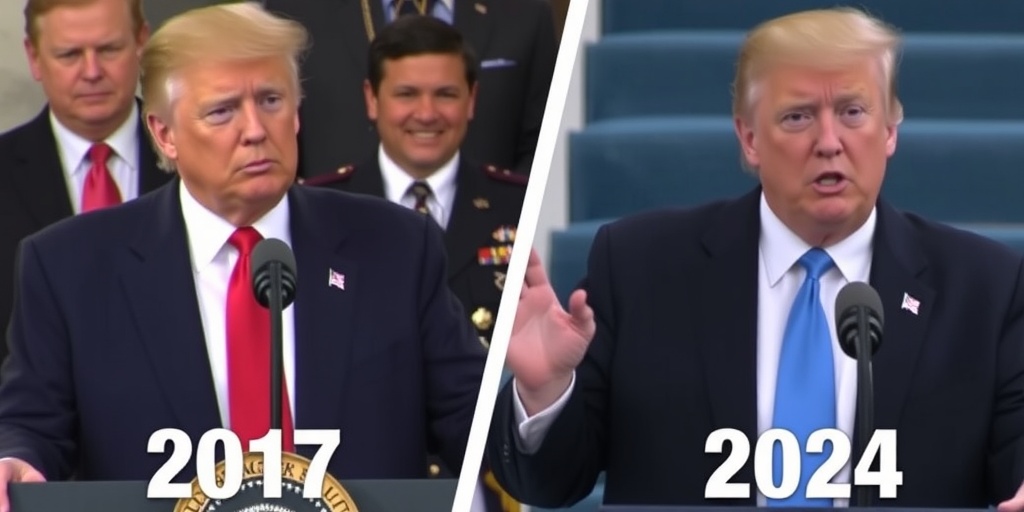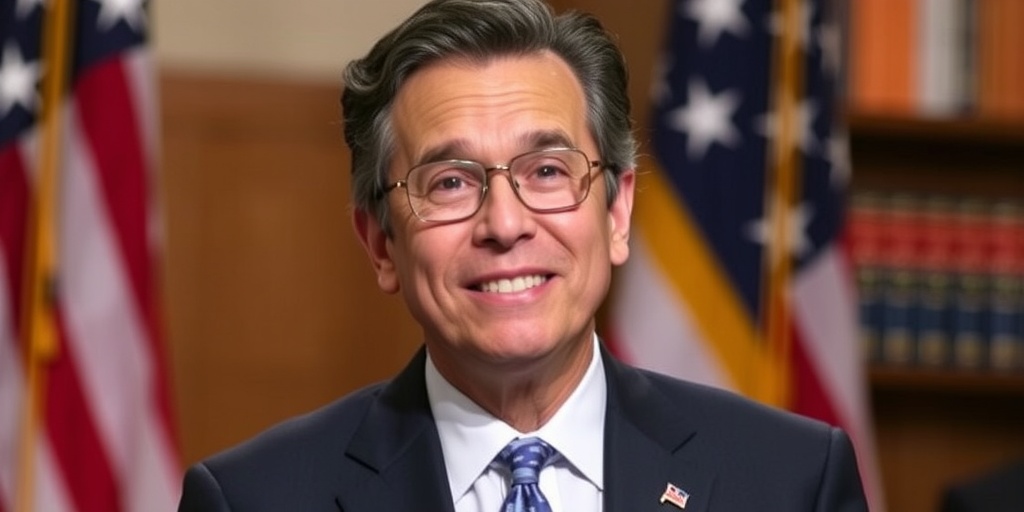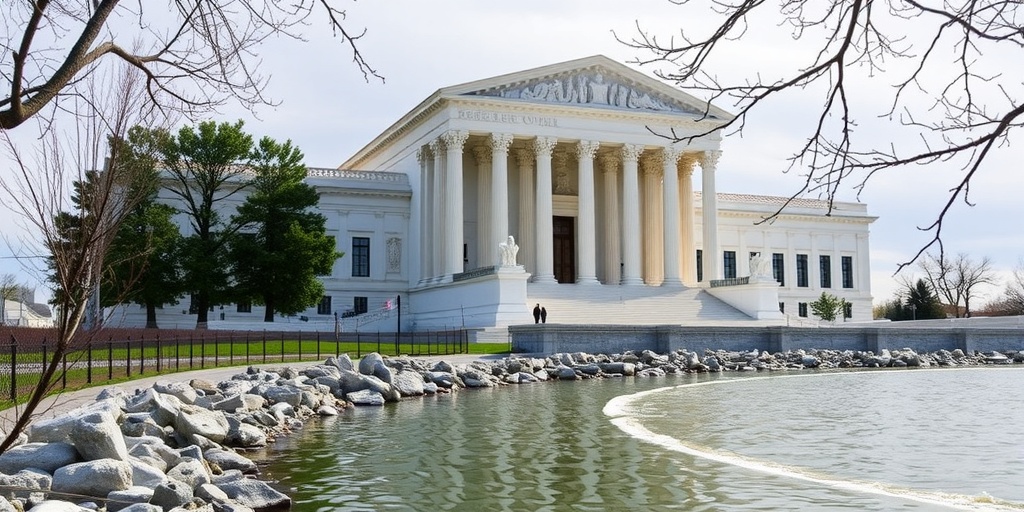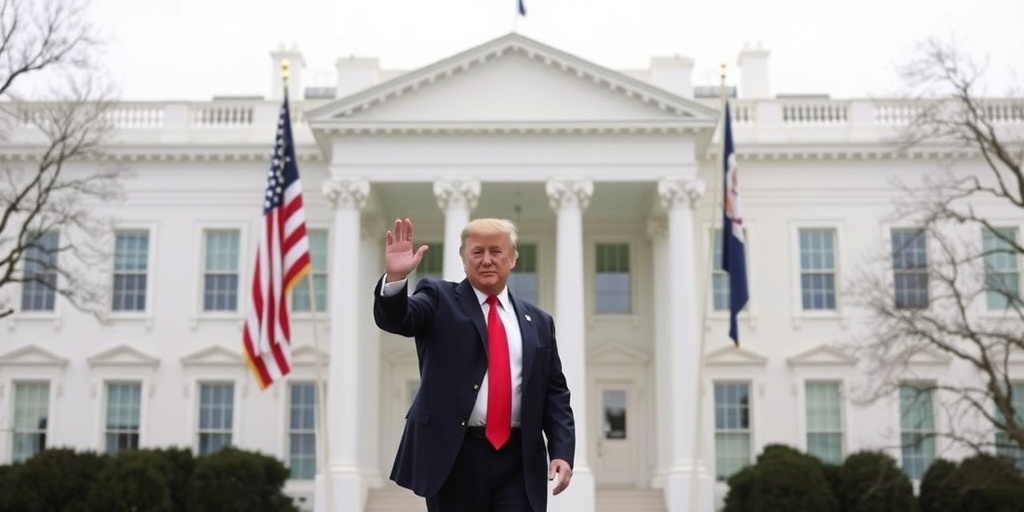Now Reading: Republican House Members Advised to Avoid In-Person Town Halls
-
01
Republican House Members Advised to Avoid In-Person Town Halls
Republican House Members Advised to Avoid In-Person Town Halls
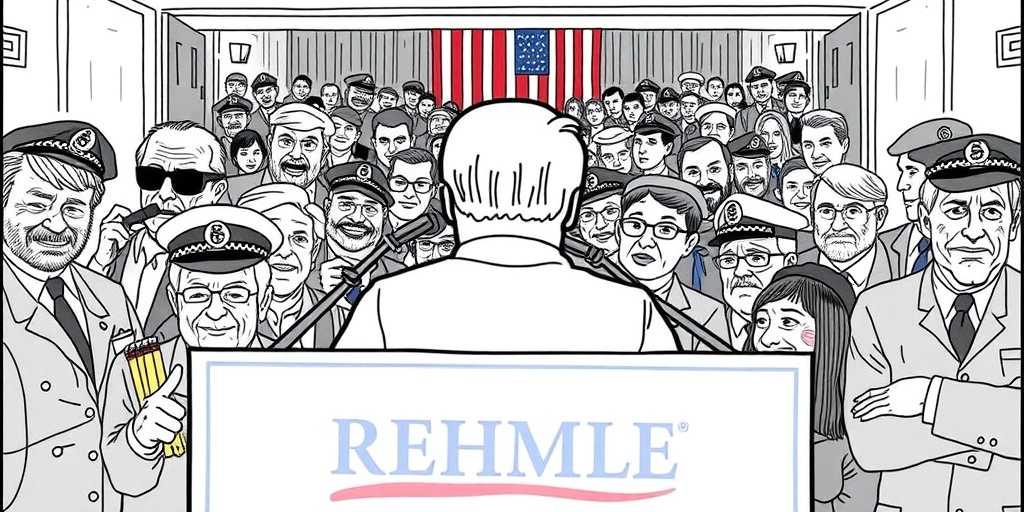
Republicans Urged to Avoid In-Person Town Halls Amid Rising Tension
In a notable shift in strategy, Representative Richard Hudson of North Carolina, who chairs the House Republicans’ campaign arm, has issued a stark warning to his colleagues: cease holding in-person town halls with constituents. This directive, shared during a private weekly meeting in the Capitol’s basement, comes in response to a troubling trend where such town halls have escalated into heated confrontations involving angry constituents.
The escalation of tensions has been observed nationwide, particularly at Republican town hall events, which have transformed into venues for intense exchanges between voters and their elected representatives. These confrontations often revolve around the contentious issues of proposed spending cuts and recent moves by President Trump aimed at eliminating federal jobs and defunding various government programs. During these events, lawmakers are frequently faced with pointed questions from constituents frustrated over the potential repercussions of these decisions.
Hudson articulated concerns to Republican lawmakers regarding an influx of Democratic activists who have been attending these town halls, often overshadowing the voices of actual constituents. According to report accounts from individuals present during Hudson’s remarks, he expressed his expectation that the situation could become even more volatile. To mitigate these challenges, he encouraged fellow House Republicans to transition towards alternative engagement methods, such as tele-town halls and Facebook Live events. These formats allow for greater control over the discussion, enabling moderators to filter questions and comments, thereby reducing the likelihood of argumentative outbursts.
Recent town hall meetings illustrate this growing divide. Although many of the more vocal attendees have identified themselves as Democrats, the reality is that significant frustration has also emerged from Republican voters. A notable instance occurred during a telephone town hall hosted by Representative Stephanie Bice of Oklahoma. A participant, identifying himself as a retired U.S. Army officer and a Republican, expressed his dissatisfaction regarding the looming cuts to veterans’ benefits—a clear indication that discontent is present among the GOP base as well.
The current climate recalls similar events from 2017, when Republican lawmakers faced a wave of protests from constituents opposing their efforts to repeal the Affordable Care Act. During that time, town halls were frequently inundated by demonstrators who urged lawmakers not to pursue healthcare reforms they believed would harm public access to medical services. The backlash resulted in many members of Congress reevaluating their approach to public engagements, leading to a noticeable retreat from traditional town halls amid concerns over security and the optics of being subjected to confrontational exchanges.
Hudson’s appeal reflects an acknowledgment of the changing dynamics in political discourse, particularly as constituents increasingly express dissatisfaction with government policies. The town hall format, once celebrated as a vital method for democratic engagement and open dialogue, has become fraught with challenges, prompting lawmakers to rethink how they connect with their constituents.
The suggestion to hold virtual events, like tele-town halls and social media discussions, presents both opportunities and challenges. While these methods may provide a buffer against heated confrontations, they risk alienating voters who value face-to-face interactions with their representatives. The effectiveness of virtual town halls hinges on their ability to foster genuine dialogue rather than follow a scripted format, a point of contention that critics of the concept often raise.
As Republicans consider this new directive, the broader implications for civic engagement and democratic participation must be acknowledged. Reducing the frequency of in-person events could inadvertently shield lawmakers from accountability, weakening the bond between elected officials and the people they represent. Conversely, virtual engagements could enable a broader reach, allowing more constituents to participate without the challenges of physical attendance.
Navigating this delicate balance is essential for lawmakers aiming to maintain the trust and engagement of their constituents. As the political landscape continues to evolve, the methods by which representatives interact with the public will likely remain a subject of ongoing debate, reflecting the shifting priorities of both elected officials and the citizenry they serve. The call to limit in-person town halls illustrates a time of significant transition, highlighting the urgent need for a new approach to political dialogue in an increasingly polarized environment.
Stay Informed With the Latest & Most Important News
Previous Post
Next Post
-
 01New technology breakthrough has everyone talking right now
01New technology breakthrough has everyone talking right now -
 02Unbelievable life hack everyone needs to try today
02Unbelievable life hack everyone needs to try today -
 03Fascinating discovery found buried deep beneath the ocean
03Fascinating discovery found buried deep beneath the ocean -
 04Man invents genius device that solves everyday problems
04Man invents genius device that solves everyday problems -
 05Shocking discovery that changes what we know forever
05Shocking discovery that changes what we know forever -
 06Internet goes wild over celebrity’s unexpected fashion choice
06Internet goes wild over celebrity’s unexpected fashion choice -
 07Rare animal sighting stuns scientists and wildlife lovers
07Rare animal sighting stuns scientists and wildlife lovers













